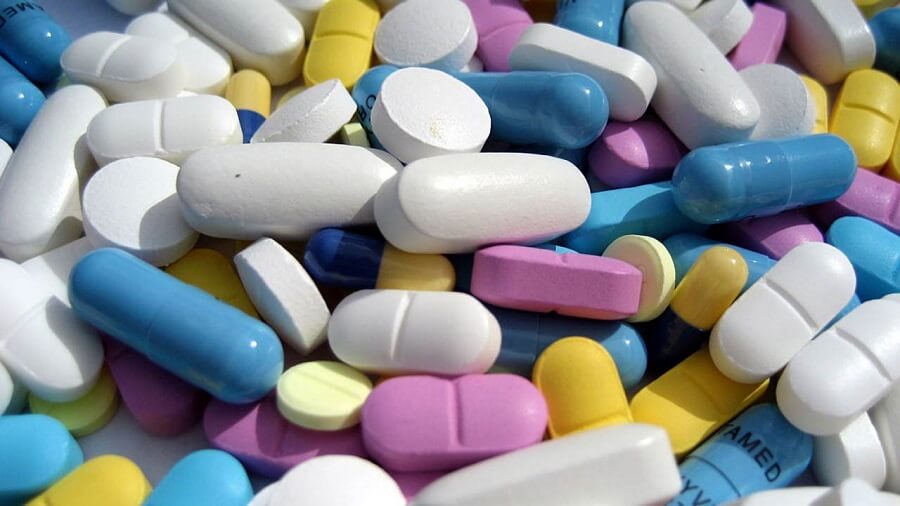The National Agency for Food and Drug Administration and Control (NAFDAC) has revealed how it combated the importation of over 140 fake drugs into Nigeria.
These drugs although fake, were certified bearing the approval of the Certificate of Pharmaceutical Product (CPP), The Director-General of NAFDAC, Prof Mojisola Adeyeye, disclosed.
Advertisement
She said a comprehensive investigation was carried out following the seizure of the drugs, and the health body discovered that over 50 per cent of CPP imported into the country was fake.
Adeyeye at the stakeholders’ engagement meeting on Monday in Abuja said, “We have 55 countries in Africa and we belong to the Member States globally and we agreed to ensure that products coming to the region are of quality and WHO created a scheme called a certificate of pharmaceutical product (CPP).
“What this means is that if we send a certificate of pharmaceutical product out to another country, we are assuring the receiving country that it will be of quality.
“Most of our medicines come from South East Asia and we belong to the member states too. We have a scheme where before medicines that were approved leave that part of the world, we do pre-shipment testing, and that comes with CPP to assure us of quality, but that is not the case, because through our scheme we have been able to stop over 140 products that were approved from coming in.
Advertisement
“We found out that more than 50 per cent of the CPPs that come into our country are fake. Part of the responsibility is our people that go to China or India and we are going to deal with it. It’s a Member States issue, and we are going to deal with it.
“We are very stringent than ever and there is no cutting of corners, we have blacklisted many companies, we have sanctioned them because we want people to respect our people.
“Trade is a mutual agreement and if that agreement is harming one part of the agreement, we will stop it. If a company is suspected to be compromising, in two hours we will be there, and we will shut the company down.”
Adeyeye said that substandard and falsified products threaten access to safe efficacious and affordable medicines, and undermine the achievement of universal health coverage in Nigeria, and Africa.
According to her “Only about 10 per cent of national regulatory agencies have attained maturity level three. What leads to maturity level three is market control, and that is one of the nine models of maturity level three, so we have a lot of work to do in Africa.
Advertisement
“The NAFDAC’s mandate puts a burden on us to see a reduction in substandard and falsified medicines, both the ones that are locally manufactured and the ones that are imported.”
Reiterating NAFDAC’s commitment to the drug fight, Adeyeye said the health body has three thematic areas, which are to prevent, detect, and respond.
This model of operation is actively in motion, however, she urged Nigerians to join in the fight against the production and circulation of substandard drugs.



